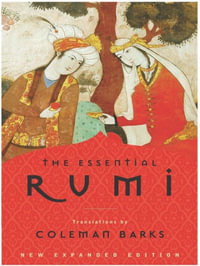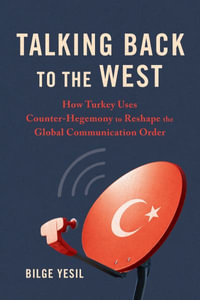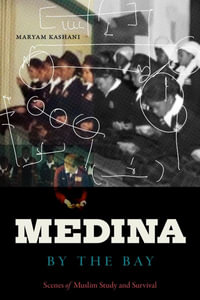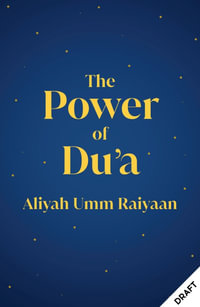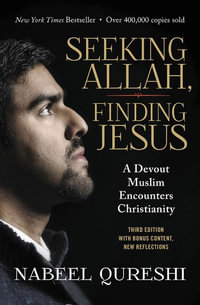Biomedical ethics is a burgeoning academic field with complex and far-reaching consequences. Whereas in Western secular bioethics this subject falls within larger ethical theories and applications (utilitarianism, deontology, teleology, and the like), Islamic biomedical ethics has yet to find its natural academic home in Islamic studies.
In this pioneering work, Abdulaziz Sachedina - a scholar with life-long academic training in Islamic law - relates classic Muslim religious values to the new ethical challenges that arise from medical research and practice. He depends on Muslim legal theory, but then looks deeper than juridical practice to search for the underlying reasons that determine the rightness or wrongness of a particular action. Drawing on the work of diverse Muslim theologians, he outlines a form of moral reasoning that can derive and produce decisions that underscore the spirit of the Shari'a. These decisions, he argues, still leave room to revisit earlier decisions and formulate new ones, which in turn need not be understood as absolute or final. After laying out this methodology, he applies it to a series of ethical questions surrounding the human life-cycle from birth to death, including such issues as abortion, euthanasia, and organ donation.
The implications of Sachedina's work are broad. His writing is unique in that it aims at conversing with Jewish and Christian ethics, moving beyond the Islamic fatwa literature to search for a common language of moral justification and legitimization among the followers of the Abrahamic traditions. He argues that Islamic theological ethics be organically connected with the legal tradition of Islam to enable it to sit in dialogue with secular and scripture-based bioethics in other faith communities. A breakthrough in Islamic bioethical studies, this volume is welcome and long-overdue reading for anyone interested in facing the difficult questions posed by modern medicine not only to the Muslim faithful but to the ethically-minded at large.
Industry Reviews
"Abdulaziz Sachedina is the leading Islamic thinker writing in English today. Thus his Islamic Biomedical Ethics is a welcome addition to the already extensive literature in the field because of his great knowledge of the classical and modern Islamic legal and ethical sources, his authentic religious commitment to the truth of Islam, and his willingness to engage perspectives from other traditions in what is becoming a genuinely multi-cultural field of
moral discourse."
--David Novak, author of Jewish Social Ethics
"A must read for anyone interested in biomedical ethics in Islam. Lucidly written, highly accessible and sophisticated."
--Ebrahim Moosa, Professor of Islamic Studies, Duke University
"The publication of Islamic Medical Ethics is an occasion for celebration. At last, not only do we finally have an authoritative introduction to bioethics in that tradition, but the book also serves as a remarkably clear and accessible primer on Islamic theology and ethics. Professor Sachedina has made a landmark contribution to cross-cultural scholarship and understanding that should re-shape the teaching of bioethics in the West."
--Jonathan D. Moreno, David and Lyn Silfen University Professor of Ethics, University of Pennsylvania
"In an era when bioethics and human rights are going global, Western bioethicists need to push beyond our parochial horizons to establish a serious and sustained dialogue with other cultural and ethical traditions. At the same time, representatives of those traditions, such as Islam, need to break out of their own parochial legalisms to rediscover the moral-theological nerve of their own religious impulses, a core of particular beliefs that will in turn enrich
our common search for universal justice. Sachedina's meticulously researched and passionately argued book is ideally suited to instruct both audiences. All scholars of bioethics from west, east,
north, and south are in his debt for this remarkable and ground-breaking volume."
--John D. Arras, Porterfield Professor of Biomedical Ethics, University of Virginia
"A valuable and substantive contribution to the literature." --American Journal of Islamic Social Sciences


